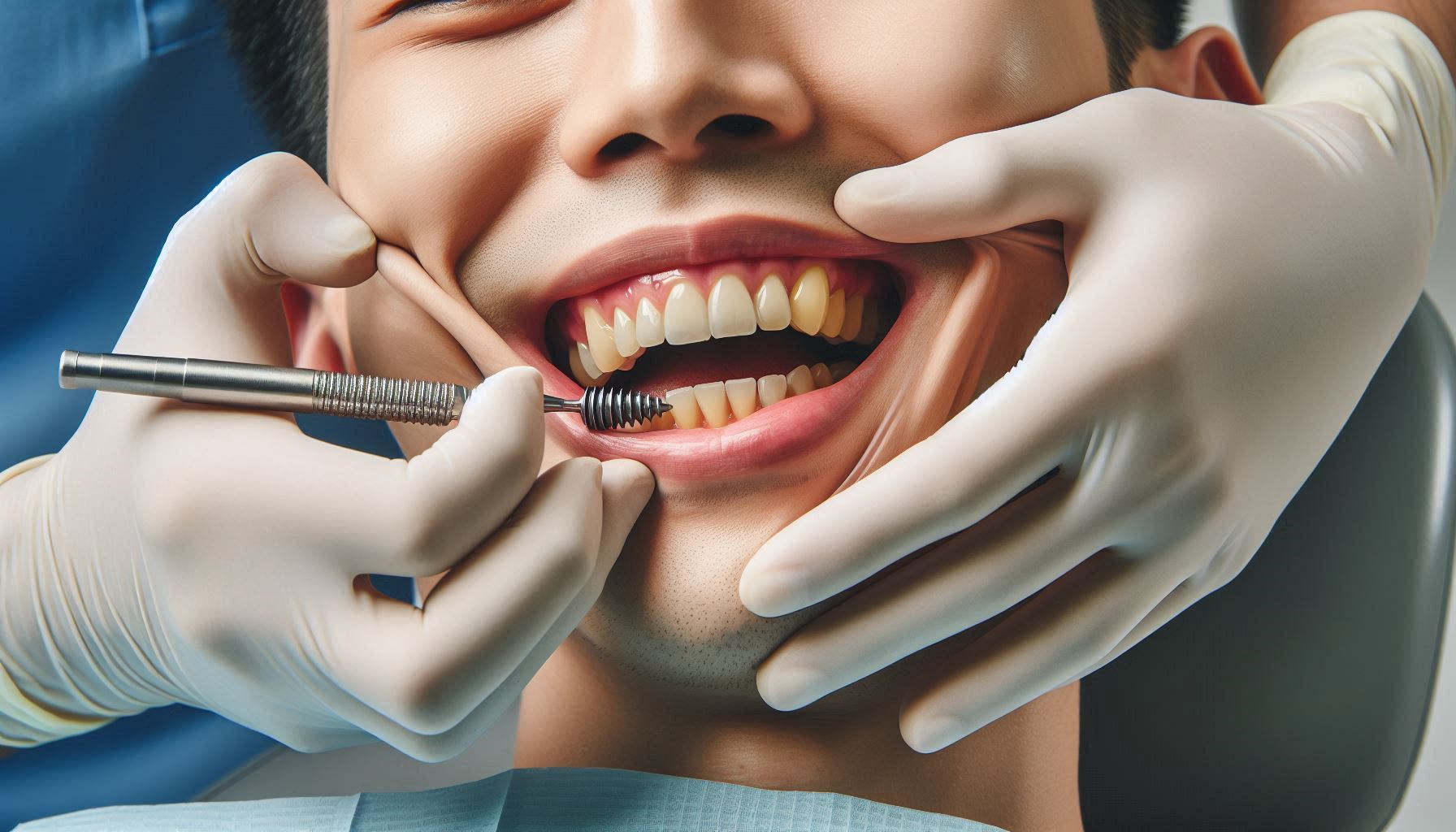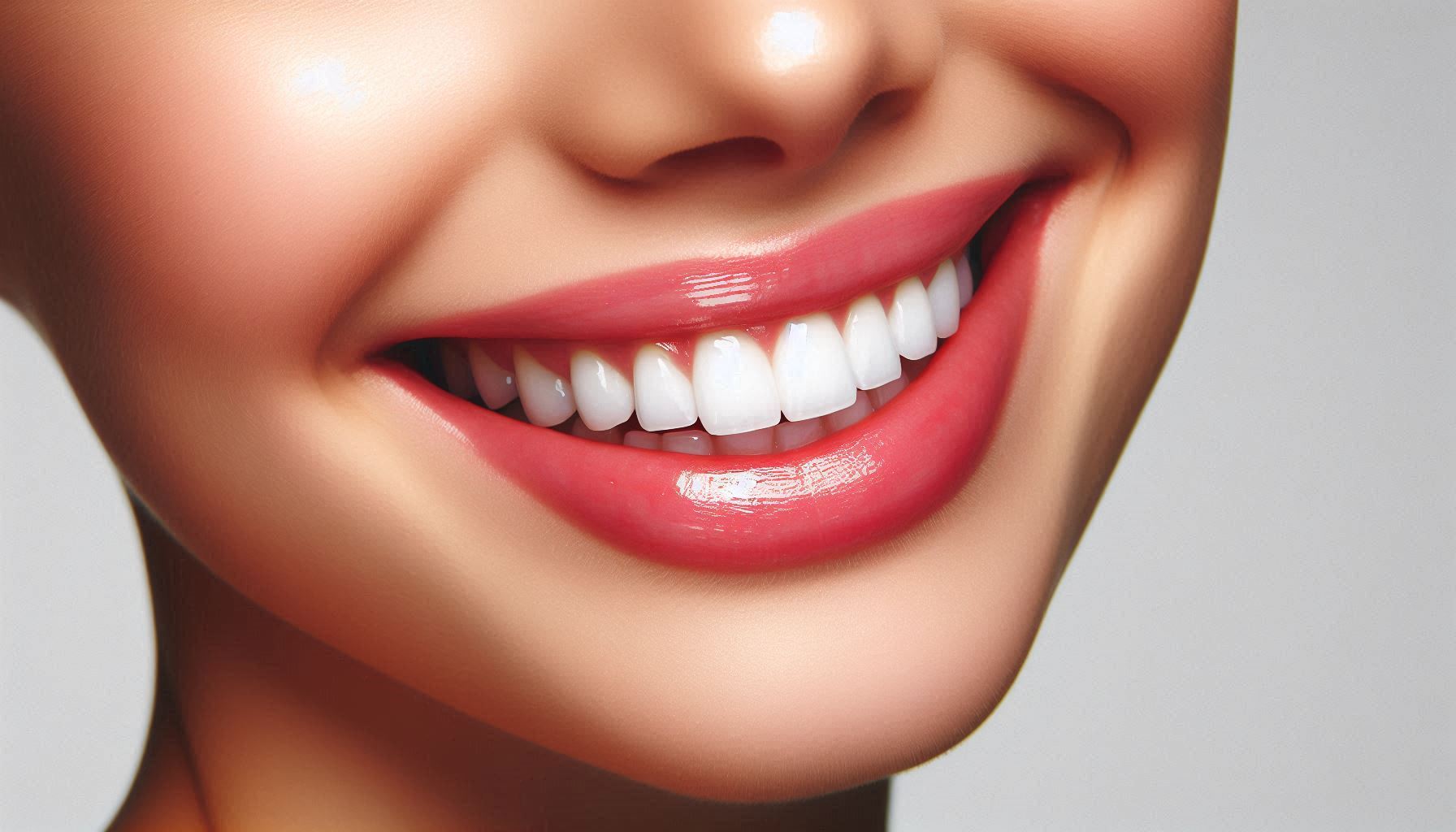A confident smile begins with good oral health. General dental care forms the foundation of a strong, healthy mouth, protecting your teeth and gums from common dental problems while enhancing your overall well-being. Taking the time to care for your teeth isn’t just about looking good; it’s about feeling good and maintaining a healthy body. Let’s explore the importance of general dental care, its key components, and practical tips to ensure a radiant smile for years to come.
Why General Dental Care Matters
Your oral health is more connected to your overall health than you might think. Poor dental hygiene can lead to issues like gum disease and tooth decay, which, if untreated, can result in serious conditions such as infections, tooth loss, and even systemic illnesses like heart disease and diabetes.
Taking care of your teeth and gums contributes to:
- Better Digestion: Healthy teeth help you chew food properly, aiding digestion.
- Improved Confidence: A healthy, clean smile boosts self-esteem and social interactions.
- Disease Prevention: Regular oral care reduces the risk of gum infections, cavities, and bad breath.
Your mouth is the gateway to your body, so investing in its care has a ripple effect on your entire health.
The Core Elements of General Dental Care
- Brushing Your Teeth
Brushing is the foundation of good oral hygiene. To do it effectively:- Brush at least twice a day, ideally in the morning and before bed.
- Use a fluoride toothpaste to strengthen enamel and prevent cavities.
- Replace your toothbrush every 3–4 months or sooner if the bristles fray.
- Flossing Daily
Flossing removes food particles and plaque from between teeth where your toothbrush can’t reach. It’s an essential step for preventing cavities and gum disease. - Regular Dental Visits
- Schedule dental checkups every six months for cleanings and exams.
- Professional cleanings remove tartar that brushing can’t eliminate.
- Early detection of problems like cavities or gum issues makes treatment simpler and less invasive.
- Mouthwash Use
- An antimicrobial or fluoride mouthwash can help kill bacteria, freshen breath, and strengthen teeth.
- Rinse after brushing and flossing for added protection.
- Healthy Diet Choices
- Eat foods rich in calcium, vitamin D, and phosphorus to strengthen teeth.
- Limit sugary and acidic foods, which erode enamel and cause cavities.
- Snack on crunchy fruits and vegetables like apples and carrots—they naturally clean teeth while stimulating saliva production.
- Staying Hydrated
- Drink plenty of water throughout the day.
- Water washes away food particles and bacteria and keeps your mouth moist.
- Fluoridated water provides extra protection for your teeth.
Common Dental Problems and Their Prevention
- Cavities
- Cause: Plaque buildup from sugary or starchy foods.
- Prevention: Brush and floss regularly, reduce sugar intake, and get dental sealants if recommended.
- Gum Disease (Gingivitis/Periodontitis)
- Cause: Plaque and tartar buildup along the gumline.
- Prevention: Regular brushing, flossing, and professional cleanings.
- Tooth Sensitivity
- Cause: Worn enamel, gum recession, or untreated cavities.
- Prevention: Use toothpaste for sensitive teeth and avoid acidic foods.
- Bad Breath (Halitosis)
- Cause: Poor oral hygiene, dry mouth, or certain foods.
- Prevention: Brush your tongue, stay hydrated, and maintain a good cleaning routine.
- Enamel Erosion
- Cause: Acidic foods and drinks, teeth grinding, or poor oral care.
- Prevention: Use a fluoride toothpaste, avoid excessive acidic foods, and wear a nightguard if you grind your teeth.
Daily Routine for Excellent Dental Health
To maintain optimal oral health, follow these simple steps daily:
- Brush your teeth gently in a circular motion for two minutes.
- Floss between all teeth to remove hidden food particles.
- Use an antibacterial mouthwash to kill bacteria and freshen breath.
- Rinse your mouth after meals to remove lingering food debris.
- Avoid smoking or chewing tobacco, as they can stain teeth and lead to oral cancers.
General Tips for a Lifetime of Healthy Smiles
- Invest in Tools: Use an electric toothbrush for more effective cleaning.
- Protect Your Teeth: Wear a mouthguard during sports to prevent injuries.
- Don’t Ignore Pain: Any toothache, sensitivity, or gum bleeding should be checked by a dentist promptly.
- Chew Sugar-Free Gum: Chewing gum after meals stimulates saliva production, which helps neutralize acids.
- Teach Kids Early: Start teaching kids good oral hygiene habits as early as possible to set them up for lifelong health.
The Connection Between Oral and Overall Health
Recent studies show a strong link between oral health and conditions like:
- Heart Disease: Gum disease bacteria can enter the bloodstream and contribute to cardiovascular issues.
- Diabetes: Poor oral health can make it harder to control blood sugar levels.
- Respiratory Infections: Bacteria from the mouth can be inhaled, leading to lung infections.
By practicing consistent dental care, you’re not only protecting your smile but also supporting your entire body’s health.
Conclusion
General dental care is not just about maintaining an attractive smile—it’s about nurturing your overall well-being. The steps you take to care for your teeth and gums are investments in your long-term health, as oral hygiene plays a significant role in preventing serious conditions that affect your entire body.
By practicing consistent dental habits like brushing, flossing, eating a balanced diet, and visiting your dentist regularly, you can protect yourself from common dental problems such as cavities, gum disease, and tooth sensitivity. These small but impactful habits not only save you from the discomfort and cost of extensive treatments but also empower you to enjoy life with confidence, free from pain or worry about your oral health.
Moreover, it’s important to remember that your mouth is a gateway to your overall health. Dental issues, if left untreated, can lead to complications like infections, heart disease, diabetes, and respiratory problems. Therefore, taking care of your teeth is an act of self-care that extends far beyond your smile—it benefits your heart, lungs, and even your immune system.
For families, general dental care sets the foundation for lifelong health. By teaching children proper oral hygiene from a young age, you can instill habits that will serve them well for years to come. Adults and seniors also benefit from keeping up with these routines, ensuring that their teeth and gums stay strong and healthy as they age.
Investing in your dental health doesn’t have to be complicated or time-consuming. Simple, consistent efforts—like using the right toothbrush, choosing nutritious foods, and keeping up with regular dental checkups—can make a world of difference. Your smile is one of your greatest assets; it’s how you express joy, confidence, and warmth to those around you. Taking care of it is a gift to yourself and those you interact with every day.
So why wait? Start prioritizing your dental care today, and enjoy the many benefits it brings—not just for your teeth, but for your entire body and mind. With strong, healthy teeth, you can laugh freely, eat comfortably, and live life to the fullest. Remember, a healthy smile is a reflection of a healthy you, and it all begins with taking that first step toward excellent general dental care.



